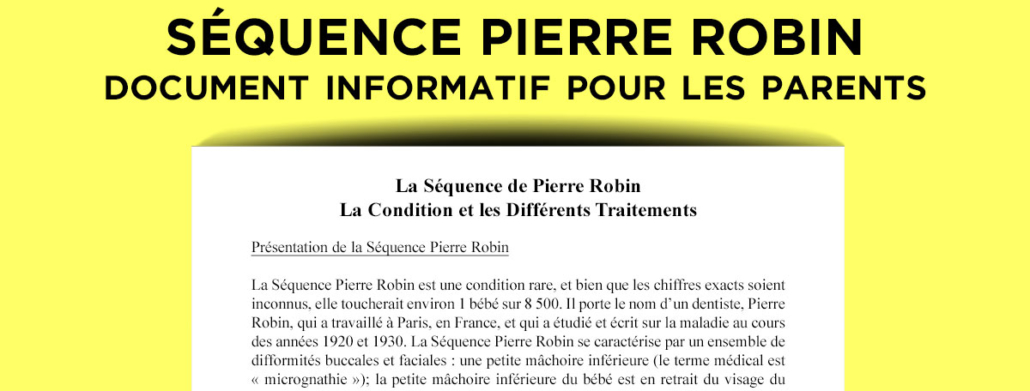
Physical, occupational, and speech therapy.Hyperexcitability, short attention span.Characteristic happy demeanor with frequent laughing (inappropriate laughter).Truncal hypotonia, limb hypertonia, hyperreflexia.Ataxi a, tremulous movements of the limbs.In more than 80% of cases, pronounced epileptic seizures.Delayed mental development and acquisition of motor skills in infants and young children absent speech development.Prognosis: normal life expectancy if extreme obesity is avoided.Substitution of growth hormone and sex hormones.Behavioral problems (e.g., temper tantrums, stubbornness, obsessive-compulsive behavior).Developmental delays (e.g., delayed achievement of milestones), intellectual disability.Premature adrenarche with early development of pubic/axillary hair.Facial dysmorphia (e.g., almond-shaped eyes, thin upper lip).Cryptorchidism, hypogonadism, genital hypoplasia.Increased appetite ( hyperphagia ) and obesity.Muscular hypotonia and poor feeding in infants.

“ Prader misses his Papa, and Angel her Mama”: allele mutation/deletion of paternal origin in Prader -Willi syndrome and maternal in Angel man syndrome. Fluorescence in situ hybridization ( FISH).Caused by maternal uniparental disomy in about 20–35% of cases.Deletion or mutation of paternal gene copy and maternal gene methylation (silencing).both copies of chromosome 15 are inherited from the father). In ∼ 5% of cases, it results from paternal uniparental disomy (i.e.Deletion or mutation of maternal UBE3A ( chromosome 15 ) gene copy and paternal gene methylation (silencing).Etiology: The resulting condition depends on the affected gene copy.



 0 kommentar(er)
0 kommentar(er)
